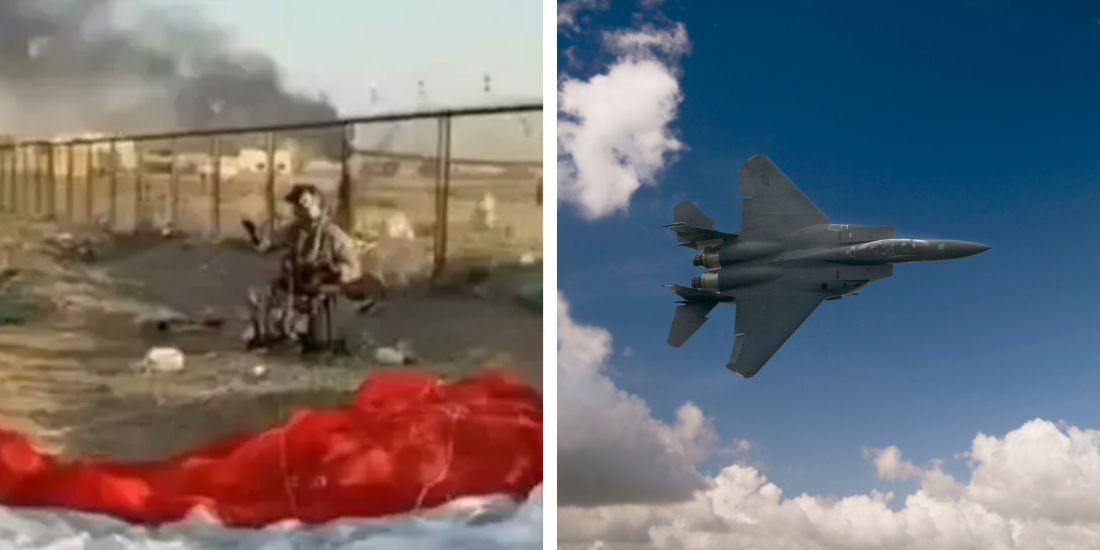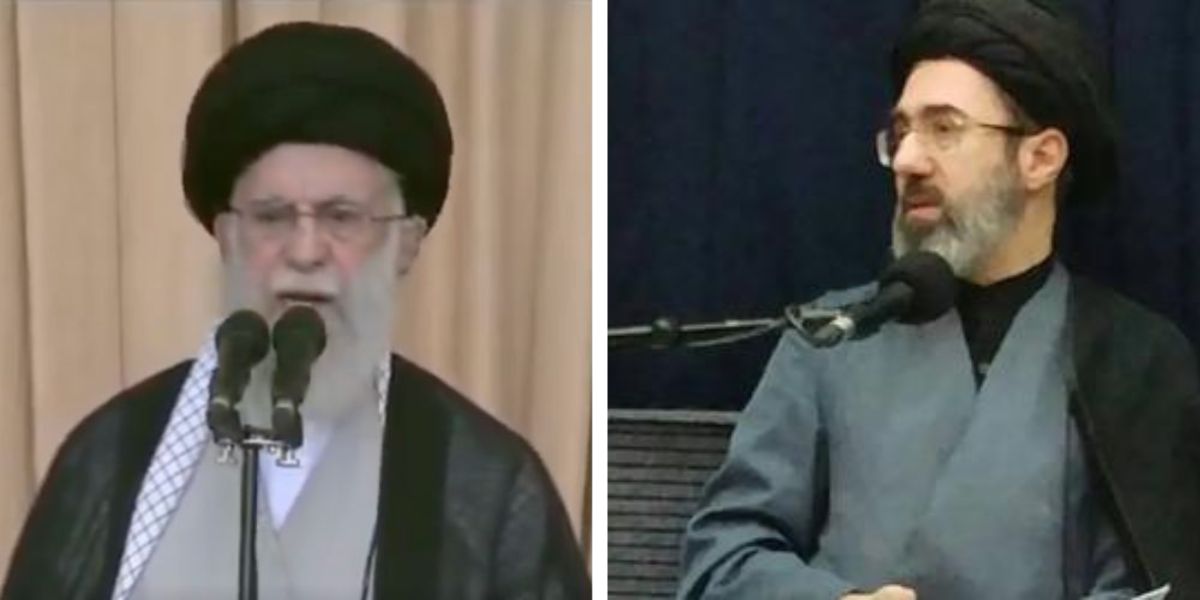The referendum, which was heavily promoted by the Venezuelan government as an act of patriotism that would bring the country together regardless of politics, asked participants if they support establishing a state in Essequibo, the disputed territory in question. This would also grant Venzuelan citizenship to current and future residents in the area, "rejecting the jurisdiction of the United Nations’ top court in settling the disagreement between the South American countries," as AP reports.
Essequibo is rich in minerals and has access to where ExxonMobil recently discovered massive amounts of oil in the Atlantic circa 2015. The territory is 61,600-square-miles and is "larger than Greece."
Contrary to first-hand reports that few Venezuelan voters showed up to the polling sites throughout the voting period, the National Electoral Council claimed it counted over 10.5 million votes. Even after the country's top electoral authority, Elvis Amoroso, announced the 12-hour voting period would be extended by two hours, the event did not see long lines of voters in Caracas, typical of electoral events.
If the figure is accurate, it would mean more people voted in the referendum than they did for Hugo Chávez, Maduro’s mentor and predecessor.
It remains unclear how the results of the vote will be enforced, but Maduro celebrated it as a "total success for our country, for our democracy" and said the referendum had a “very important level of participation.”
Guyana residents however, are reportedly on edge over the vote and the country considers it a step toward annexation. It asked the International Court of Justice to halt parts of the vote and the court subsequently ordered Venezuela not to take any action that would alter Guyana’s control over Essequibo on Friday. The judges, however, did not ban officials from carrying out the five-question referendum vote on Sunday.
Court president Joan E. Donoghue said Venezuela’s government “is taking steps with a view toward acquiring control over and administering the territory in dispute" based on statements it has made.
“Furthermore," she said, "Venezuelan military officials announced that Venezuela is taking concrete measures to build an airstrip to serve as a ‘logistical support point for the integral development of the Essequibo.'"
Guyana President Mohamed Irfaan Ali told the Guyanese people on Sunday that his government is working continuously to ensure the country’s borders “remain intact” and said people have “nothing to fear over the next number of hours, days, months ahead.”“I want to advise Venezuela that this is an opportunity for them to show maturity, an opportunity for them to show responsibility, and we call upon them once more [to] join us in ... allowing the rule of law to work and to determine the outcome of this controversy,” Ali said.
Guyana's Defense Ministry said in a statement earlier this week that it has “intensified its defense actions” and military presence in the disputed region.





